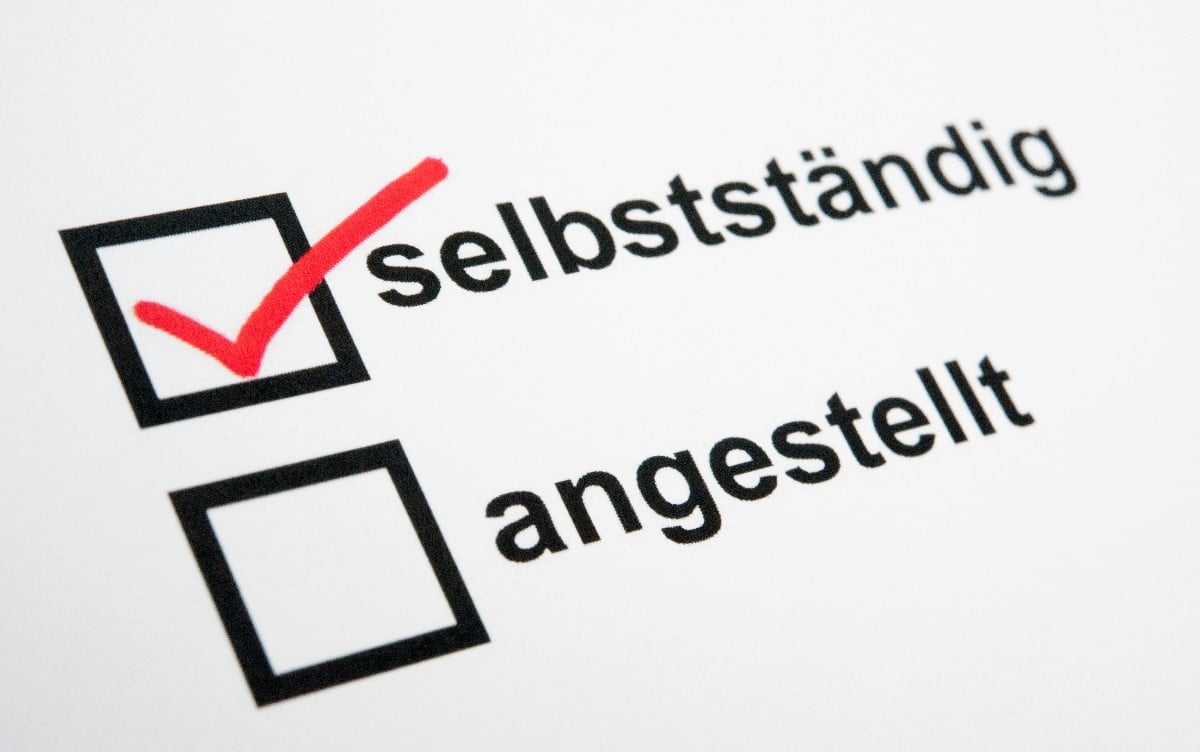This is around ten percent more than in 2020, according to a study by the Institute for Employment Research (IAB) published on Thursday.
The majority of those seeking protection now work full-time, it said. Their average gross monthly salary rose from €1,660 in the first two years after arrival to €2,037 in the sixth year.
“Considerable progress has been made in all dimensions of labour market integration,” Yuliya Kosyakova, co-head of the IAB research area Migration, Integration and International Labour Market Research, told Spiegel Online.
However, integration of women into the labour market is much slower than that of men. The latter made up about 23 percent of the employed refugees.
Among other things, taking time away from the labour market to care for children plays a big role, the IAB said in their explanation.
READ ALSO: How well have refugees integrated in Germany since 2015?
But factors such as education and work experience in the country of origin, or participation in language and labour market programmes, are also responsible for the large differences between the sexes.
In general, refugees still earn less than the average salary in Germany. For example, 18- to 25-year-old refugees earn only 74 percent as much as all working people in this age group in Germany.
Rising level of education
According to the IAB, the educational level of the 2015 immigrants has also risen. According to the report, 33 percent of adult refugees have now attended schools and universities. or completed training and further education measures.
This in turn also increases their chances on the job market. According to the IAB, 70 percent of employed refugees now have a job that requires a vocational or academic degree.
Twelve percent of the employed refugees have even found a job with higher qualifications than in their home country, wrote the IAB. However, 41 percent were still employed below their pre-migration level.
According to the IAB, 65 percent of the employed refugees of 2015 work full-time, corresponding roughly to the average of all employed persons in Germany.
Vocabulary
Employed – erwerbstätig
Participation – (die) die Teilnahme
Country of origin – (das) Herkunftsland
professional/work experience – (die) Berufserfahrung
We’re aiming to help our readers improve their German by translating vocabulary from some of our news stories. Did you find this article useful? Let us know.





 Please whitelist us to continue reading.
Please whitelist us to continue reading.
Member comments